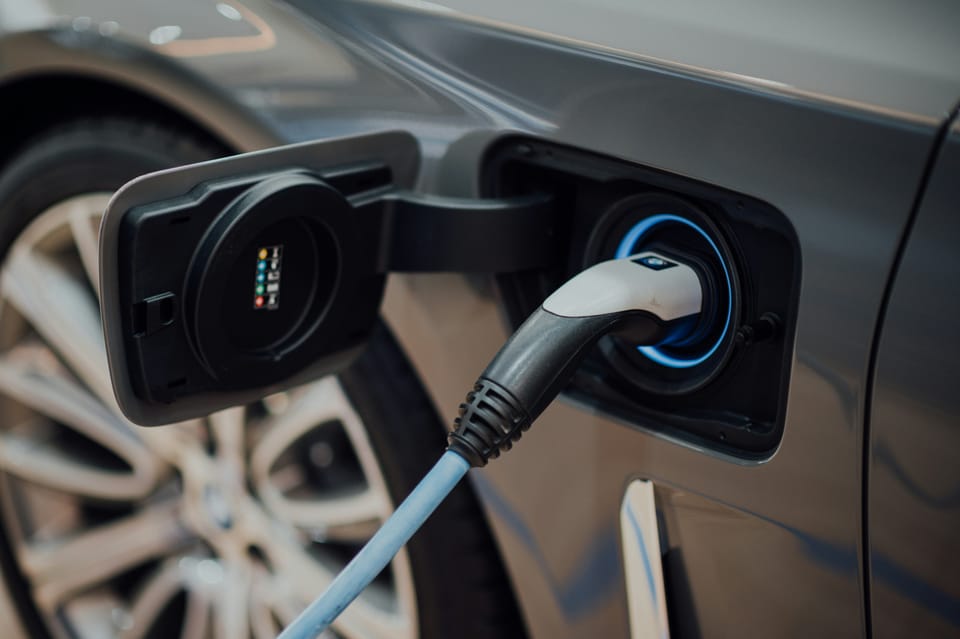Global EV sales to reach 25% market share this year: IEA
Electric car sales were up 35% year on year in the first quarter of 2025.

One in four cars sold globally this year will be electric, according to a new IEA report highlighting robust growth in the EV market.
The International Energy Agency (IEA) forecasts a 40% market share for EVs by 2030, as electric cars become increasingly affordable.







